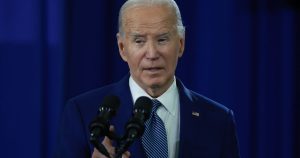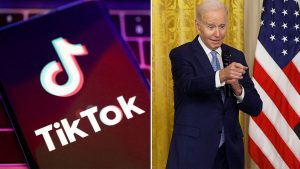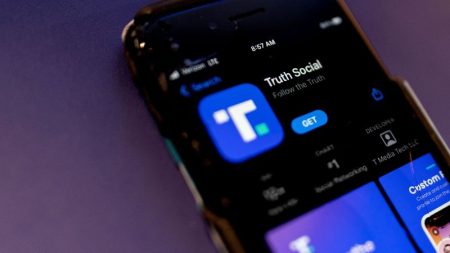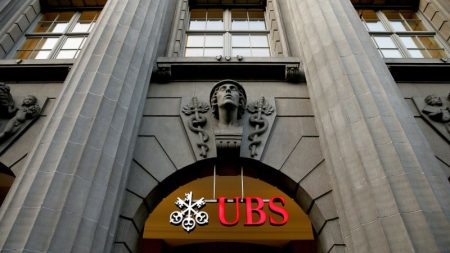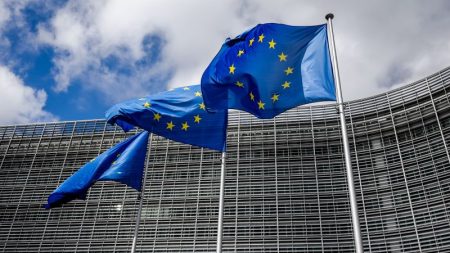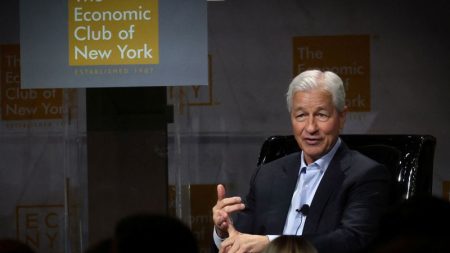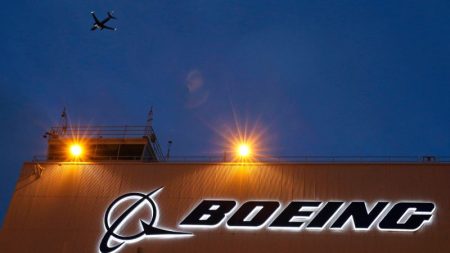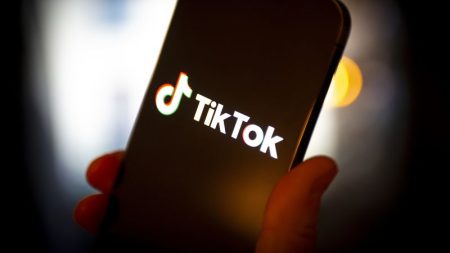Brazil’s attorney general has called for the regulation of social media platforms in the country after Elon Musk threatened to disobey a court order banning certain accounts on X and criticized “aggressive censorship.” The Supreme Court described Musk’s actions as obstructing justice and announced an inquiry into the billionaire businessman who owns X. This challenge is the latest clash between authorities worldwide and Musk, known for his stance on free speech and relaxed content moderation policies on X after acquiring the company in 2022. A Brazilian lawmaker also plans to propose stricter regulations for digital platforms in response to Musk’s actions.
X’s global government affairs team revealed that they had been forced to block popular accounts in Brazil due to court orders and faced daily fines for non-compliance. The orders were related to the Supreme Court’s investigation into digital militias, focusing on the spread of misinformation and incitement of crime during former President Jair Bolsonaro’s government. Social media platforms have been seen as a trigger for violence in Brazil, including riots in Brasilia last year, similar to the January 6, 2021, insurrection in the United States. Musk accused Supreme Court Justice Alexandre de Moraes of betraying the constitution and people of Brazil and called the court’s decision aggressive censorship that violated the will of the people.
The Supreme Court’s orders to block accounts were part of an investigation into digital militias and increasing concerns about the spread of misinformation on social media platforms. Musk’s defiance of the court’s orders and criticism of the judiciary have sparked debates about the balance between free speech and accountability on online platforms. At the same time, X has faced criticism for complying with government censorship demands in various countries, including Turkey, where they blocked accounts before elections while challenging the orders in court. Musk’s principled stance may result in X losing revenue and having to shut down operations in Brazil, although he emphasized that principles matter more than profit.
The standoff between Musk and Brazilian authorities highlights the challenges faced by social media companies in navigating regulatory requirements, court orders, and user expectations. Musk’s actions have reignited debates about online censorship, free speech, and the responsibility of digital platforms in managing harmful content. While Musk has positioned himself as a defender of free speech, his defiance of court orders in Brazil raises questions about the limits of online expression. The proposed regulations for digital platforms in Brazil aim to address these challenges and establish a framework for holding companies accountable for their content moderation practices.
The clash between Musk and the Brazilian government reflects broader global tensions around social media regulation, content moderation, and the influence of tech giants on public discourse. The investigation into digital militias and the spread of misinformation underscores the need for effective oversight of social media platforms to prevent the incitement of violence and manipulation of public opinion. As countries grapple with these challenges, the role of governments, tech companies, and civil society in shaping online spaces will continue to be a crucial point of debate. Musk’s actions in Brazil have sparked discussions on the power dynamics between tech companies and regulatory authorities, highlighting the ongoing battle for control over online communication and information dissemination.
Musk’s defiance of court orders in Brazil and criticism of the Supreme Court have reignited debates about the role of tech companies in shaping public discourse and the boundaries of free speech online. The proposed regulations for digital platforms in Brazil signal a growing push for accountability and transparency in content moderation practices, aiming to strike a balance between protecting users from harmful content and upholding principles of free speech. The clash between Musk and the Brazilian government underscores the complexities of regulating social media platforms in a rapidly evolving digital landscape, where the interests of tech companies, governments, and the public often collide. Ultimately, the outcome of this standoff may shape future discussions around online censorship, privacy, and the responsibilities of digital platforms in ensuring a safe and inclusive online environment.
